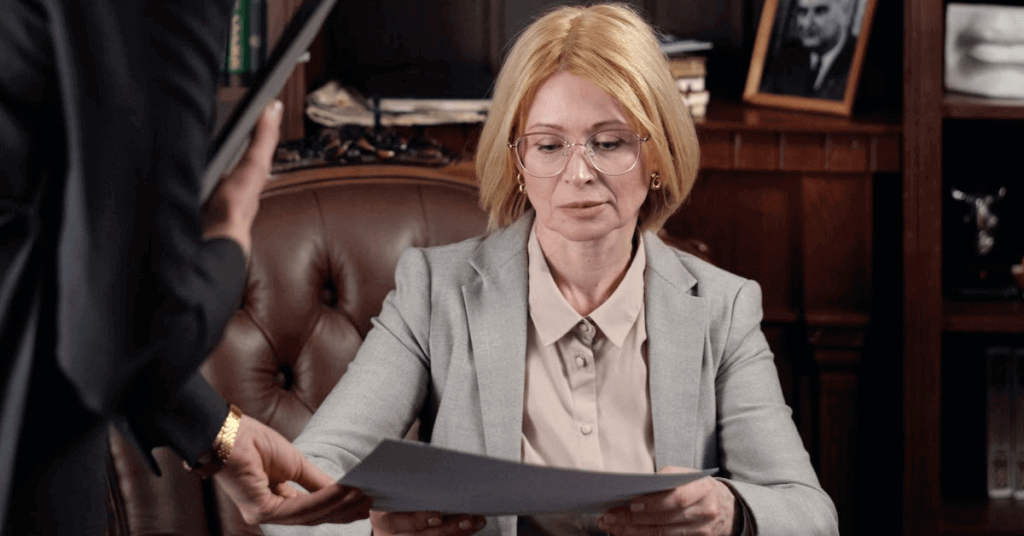Have you ever wondered what happens when charges are dropped in the Magistrates Crown in Australia? Can the Magistrate Crown really decide upon the dropping of charges?
What are the Reasons Charges are Dropped?
When charges are dropped in Australia, the prosecution has decided to discontinue the charges before the court case begins or the trial has concluded. This can happen for a variety of reasons, including:
- Insufficient Evidence: The prosecutor may determine there is insufficient evidence to proceed with the case. To continue a case, the prosecution must have a reasonable chance of conviction.
- Witness Issues: When a critical witness is unavailable, changes their version of events, or refuses to cooperate, it can be difficult for the prosecution to continue.
- Public Interest: The prosecution may conclude that pursuing allegations is not in the public interest. This may be the case for minor offences, primarily if prosecuting the claims would be expensive and time-consuming.
- Legal Errors: If substantial errors have been made in the case’s management (such as inappropriately obtaining evidence), the prosecution may decide to withdraw the charges.
When charges are dropped, the accused individual is no longer under legal threat regarding those particular charges.
However, it doesn’t necessarily mean they have been legally acquitted; it simply means the prosecution has chosen not to pursue the charges.
In some cases, charges can be refiled if new evidence emerges within the limits of the applicable statutes of limitations.
Also read: Can You Drop Charges Against Someone Before Court
How Do You Convince the Crown to Drop the Charges?
Convincing the Crown (the prosecution) to dismiss charges can be a complex procedure requiring the expertise and experience of a criminal defence attorney.
The precise strategy employed would depend on the specifics of the case but could include the following:
- Presenting Evidence: A defence counsel may introduce evidence that contradicts the prosecution’s case, raises a reasonable doubt, or demonstrates that the prosecution’s evidence is insufficient or defective.
- Challenging the Legality of Evidence or Procedure: A defence lawyer can challenge the legality of evidence or procedure if it has been improperly obtained or if there were procedural errors in the investigation or arrest. The prosecution may decide to withdraw the accusations if these challenges are successful.
- Negotiation and Plea Bargaining: In certain instances, the defence may negotiate with the prosecutor to have charges reduced or dismissed, typically in exchange for a guilty plea to lesser charges.
- Public Interest Arguments: The defence may argue that proceeding with the case isn’t in the public interest, especially if the offence is minor, the defendant has no prior convictions, or if there are mitigating circumstances.
Remember that it is up to the prosecutor to determine whether or not to proceed with charges. This is not a decision made by the defendant, defence lawyer, or court.
However, a defence lawyer can present arguments and evidence to sway the prosecutor’s decision.
Also read: How Do I Write a Letter to Drop Charges
Will the Dropped Charge Still Show Up on Police Checks?
The information on a police check can vary depending on the jurisdiction and the nature of the accusations.
Generally, a withdrawn charge (i.e., where the prosecution decided not to proceed) should not appear on a standard police record search. This is because police investigations typically include convictions (where a person has been found guilty), court determinations of guilt, and sometimes unresolved charges (where the matter is still before the court).
However, certain types of employment—especially those working with children or vulnerable people—may require a more comprehensive check, such as a Working With Children Check, or a Vulnerable Persons Check. These checks can potentially reveal a broader range of information.
Furthermore, if the charges were dropped, but you were still taken to court and found not guilty, this might appear on a police check, as it’s technically a court outcome.
Remember that while a dropped charge may not appear on a police check, it may still be held in police records.
Also, if charges are dropped but later re-filed and lead to a conviction, that conviction generally appears on a police check.
Finally, it’s important to remember that the specifics can depend on various factors, including jurisdictional legislation and the policies of the organisation conducting the check.
Also read: Does an AVO Show on a Police Check
Can I Ask Court to Drop Charges When There Is a New Evidence or Witness to Prove My Innocence?
It’s not typically the court’s role to drop charges; this decision lies with the prosecutor.
However, if new evidence or a witness that can potentially prove your innocence comes forward, you should take the following steps:
- Consult with Your Lawyer: If you have an AVO lawyer, inform them about this new evidence or witness as soon as possible. They can help you understand the implications and advise on the best strategy moving forward.
- Present the New Evidence to the Prosecution: Your lawyer can present the new evidence or witness to the prosecution. The prosecution may withdraw the charges if the evidence is substantial and credible.
- Use the New Evidence in Court: If the prosecutor decides not to drop the charges, your lawyer can use the new evidence or witness testimony during your trial to challenge the prosecution’s case, potentially leading to an acquittal.
It’s important to note that while you and your lawyer can bring new evidence to the prosecutor’s attention and request them to reconsider the charges, the decision to drop the charges is ultimately up to the prosecutor.
What Happens When Charges Are Dropped?
You don’t have to navigate this complicated process alone. The experienced team at Justice Family Lawyers can guide you through every step, ensuring you understand your rights and options.
With our in-depth knowledge and expertise, we can provide the comprehensive legal support you need during this uncertain time.
Don’t stay in the dark about ‘what happens when charges are dropped’ – reach out to us today for a free consultation, and let us shine a light on the path to justice for you.
Principal of Justice Family Lawyers, Hayder specialises in complex parenting and property family law matters. He is based in Sydney and holds a Bachelor of Law and Bachelor of Communications from UTS.







2 thoughts on “Charges Dropped by the Magistrates Crown in Australia”
Does the DPP notify you once they no longer will be proceeding in a xharge
Yes, the DPP should notify you if they decide not to proceed with a charge against you.